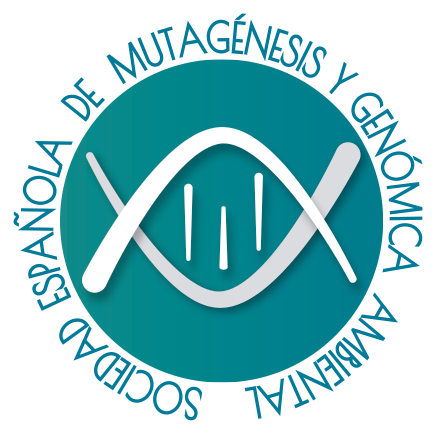
Dear EEMGS and SEMA members,
It is time to select our 2023 Early Career and Frits Sobels award candidates. Criteria and further details for candidates can be found on the EEMGS website. Please note that the criteria for the Early Career awards have changed slightly since last year.
Nominations will close at the end of December 2022.
Frits Sobels Award
The Frits Sobels Award recognizes outstanding contributions to the field of environmental mutagenesis; it may either recognise a lifetime accomplishment or an episodically pace-making contribution to the field of environmental mutagenesis. The Frits Sobels Award will be presented during the Annual EEMGS Meeting. The prize consists of an inscribed token, free registration as well as coverage of travel and accommodation to the EEMGS Meeting. The Awardee will present a lecture at the EEMGS Meeting.
All nominations should include the following information on the candidate: name, address and e-mail, a short statement of appraisal and the nominee’s curriculum vitae with a list of publications. Nominations can be made by Councillors on behalf of their National Society or individually by any EEMGS member. The deadline for nominations will be announced on the website. Send nominations with all supporting materials to the EEMGS Vice-President, who is Chair of the Awards Committee.
EEMGS Early Career Award(s)
During the Annual Meeting, one or more Early Career Award(s) will be presented.
The nomination rules for this award are:
- Each nomination will be considered on its merits and not necessarily in competition with other nominees;
- Nominations will be considered from any member of the EEMGS, provided they are supported by a person with an appropriate knowledge of the candidate’s work. Nominations should be sent to an EEMGS Councillor or Officer who will then formally submit the nomination to the EEMGS Vice President, who is Chair of the Awards Committee; nominations from countries without a local society should be sent to the Vice President with all supporting materials.
- Nominations should be accompanied by a curriculum vitae, copies of the nominee’s publications and a written evidence from the nominator that the work of the nominee merits the EEMGS Young Scientist Award;
- The candidates should be within 8 years of their last degree (maternity and paternity leave, and long sick leave will be considered) that have made a significant contribution to the field of environmental mutagenesis. Exceptions may be made by the EEMGS board if specific reasons are stated in the application.
The nominee should be a member of their regional society or an individual member of the EEMGS. The award includes a certificate, the amount of €1000 and travel and accommodation costs, and free registration to the Annual EEMGS Meeting. The Awardee will present a lecture at the EEMGS Meeting. The deadline for nominations will be announced on the website.

